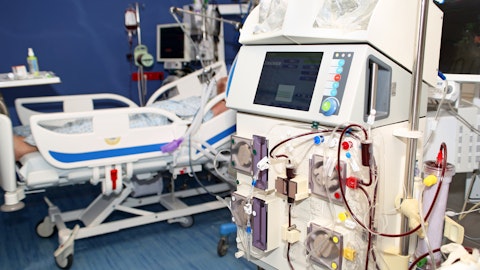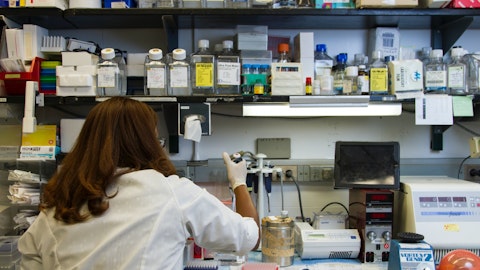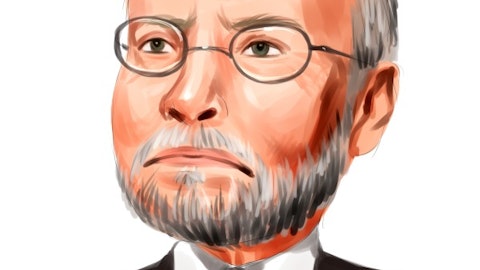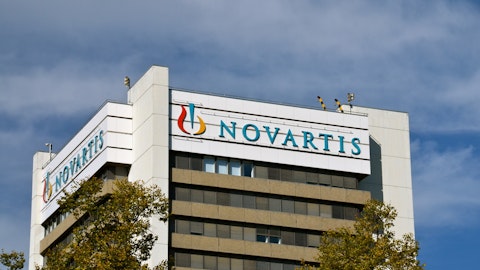Operator: The next question comes from George Hill of Deutsche Bank.
George Hill: Yes. Good morning guys. And thanks for taking my questions. I’ll take it in a little bit different direction. Jason, I’d love to hear the kind of the progress that you guys have made on the Navista offering, since it was first announced at the Analyst Day. And I guess, given the growth and the size of the specialty market, particularly in oncology, I guess how should we think about the ramp of that business maybe through fiscal ’24 and beyond, so just kind of progress in ramping contribution? Thank you.
Jason Hollar: Sure. Yes. Great. Thanks for the question, George. Yes, so when we think about Navista, I think it’s important to recognize that we had a foundation in place. We have a foundation in place, built off of our existing specialty business. We had plenty of programs and initiatives in platforms like our, Navista TS, where we are already providing capabilities to the community oncologists to help support their value-based care initiatives, of course, other data and insights, clinical research support. So we have a lot of the tools. What Navista Network is doing is, bringing that all together in the form of a business with new additional senior leadership brought in place. So that’s one of the key things that’s happened since the announcement a couple of months ago, is we have brought in additional leadership to bring on top of the strong team that we already had in place that were already serving these important customers and their patients.
So we are building that out further with both internal as well as external talent. We also created an advisory board to ensure that we are working directly with both current and prospective customers, more than anything to make sure that they have a strong voice as to where we go next with the development of this platform in this business. We continue to listen and be out in the field doing a lot of research, but we’re also building what we’re already notably to be some of the key attributes of this platform and this network that they’re demanding. What’s key and what we highlighted before is that these are the 1,500 that we’re focused on here are very strongly interested in maintaining their independence. We’re also hearing a strong desire for ongoing transparency, which as health care’s most trusted partner, we feel like we’re really well positioned for.
So it’s only been a couple of months since we rolled this out. But in that time frame, we’ve got the team in place, better definition of what the platform needs to be built out with and continue to work with those prospective customers to make sure that their needs are met. Next question, please.
Operator: Next question comes from Elizabeth Anderson of Evercore.
Elizabeth Anderson: Hi, guys. Thanks so much for the question. I don’t know if you could comment on the corporate costs that you just discussed in Medical, the $60 million. Is that something that you also expect to like ramp ratably over the course of the year? Is that something that has gone through, those cuts are going through — have gone through already and are just annualizing? A little bit more help there would be very helpful. And then secondarily, can you talk about what is different about getting this next 50% of the inflation offset this year that was not the same last year? We obviously know that you’ve been getting more price – in your contracts, et cetera, but I’m just looking for any more additional commentary you can provide on what might be different about this remaining 50%. Thanks.





